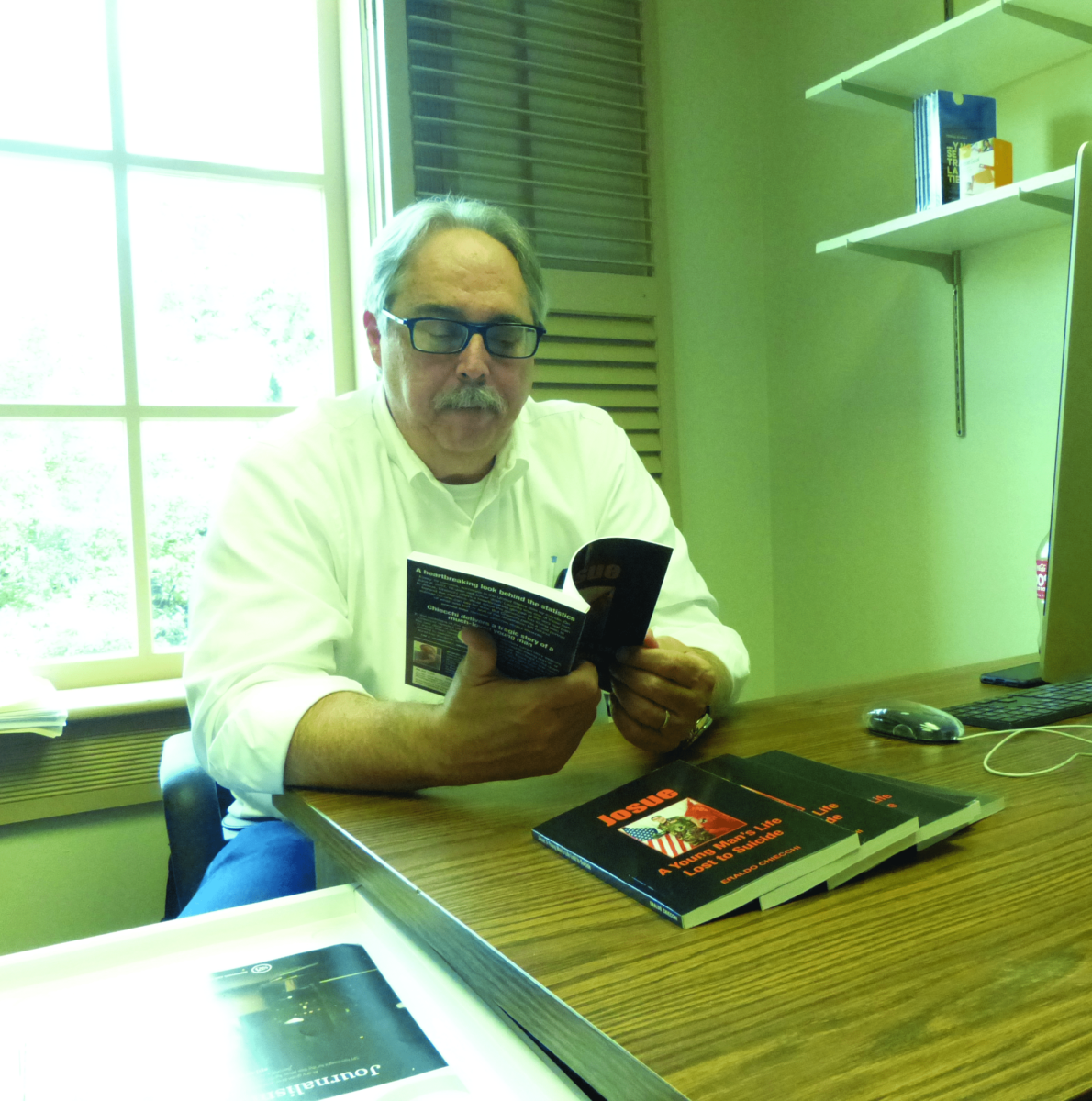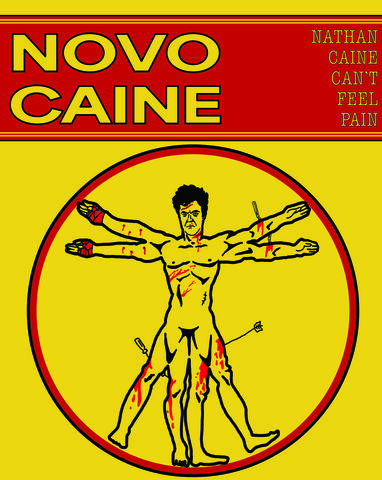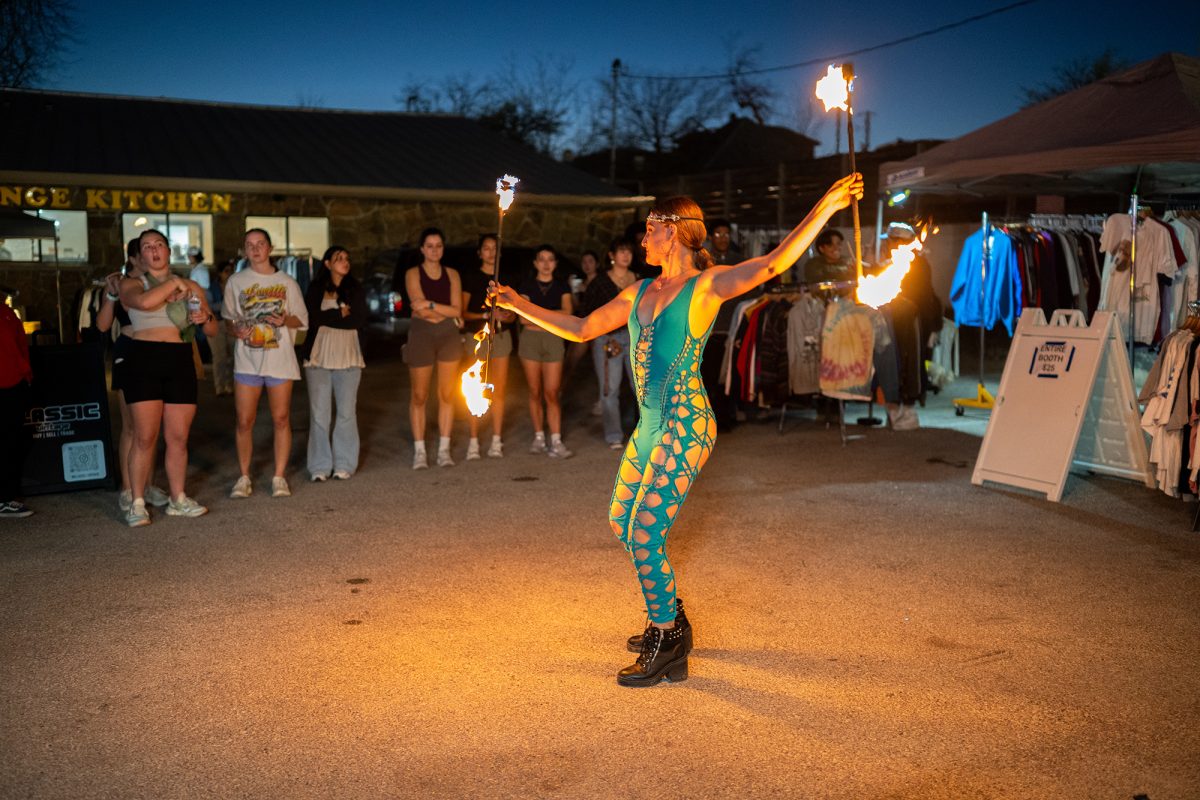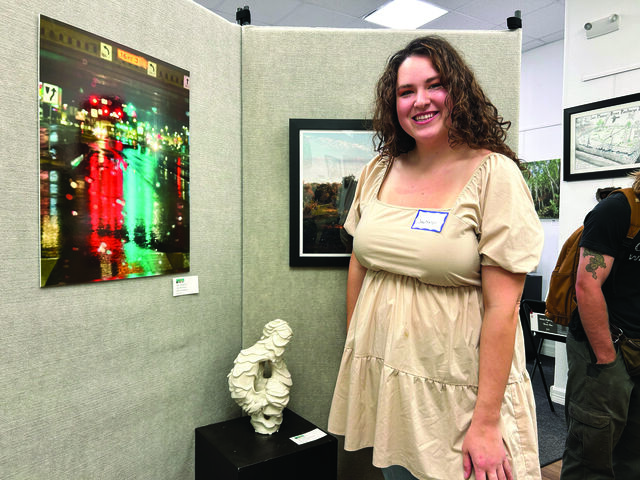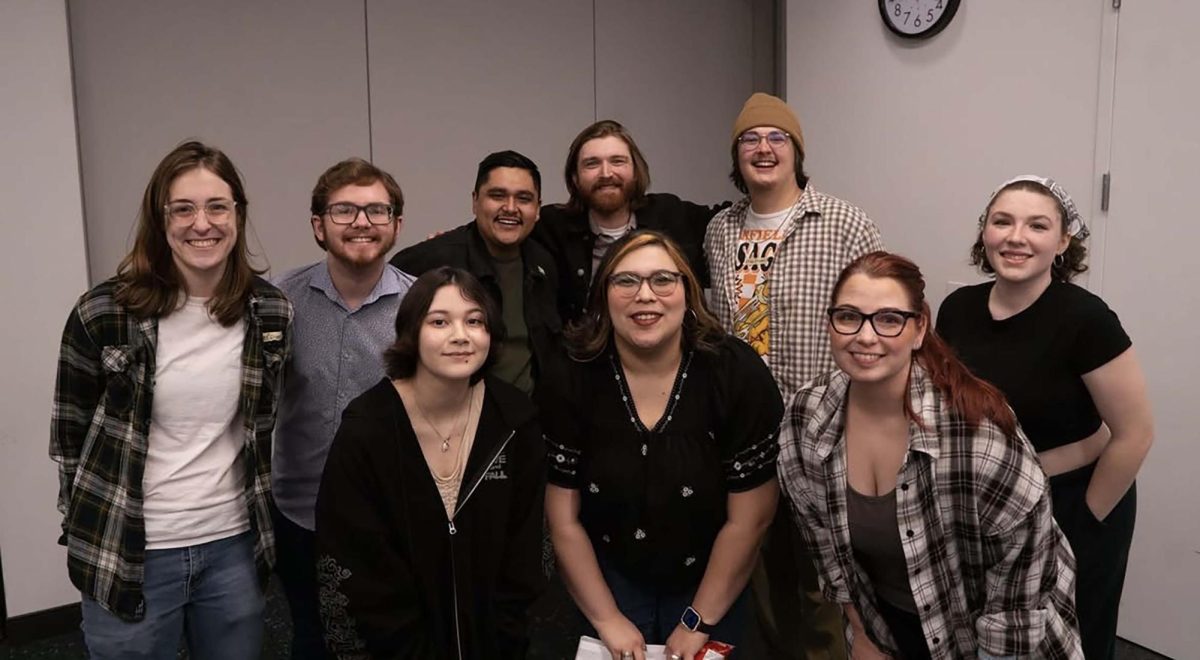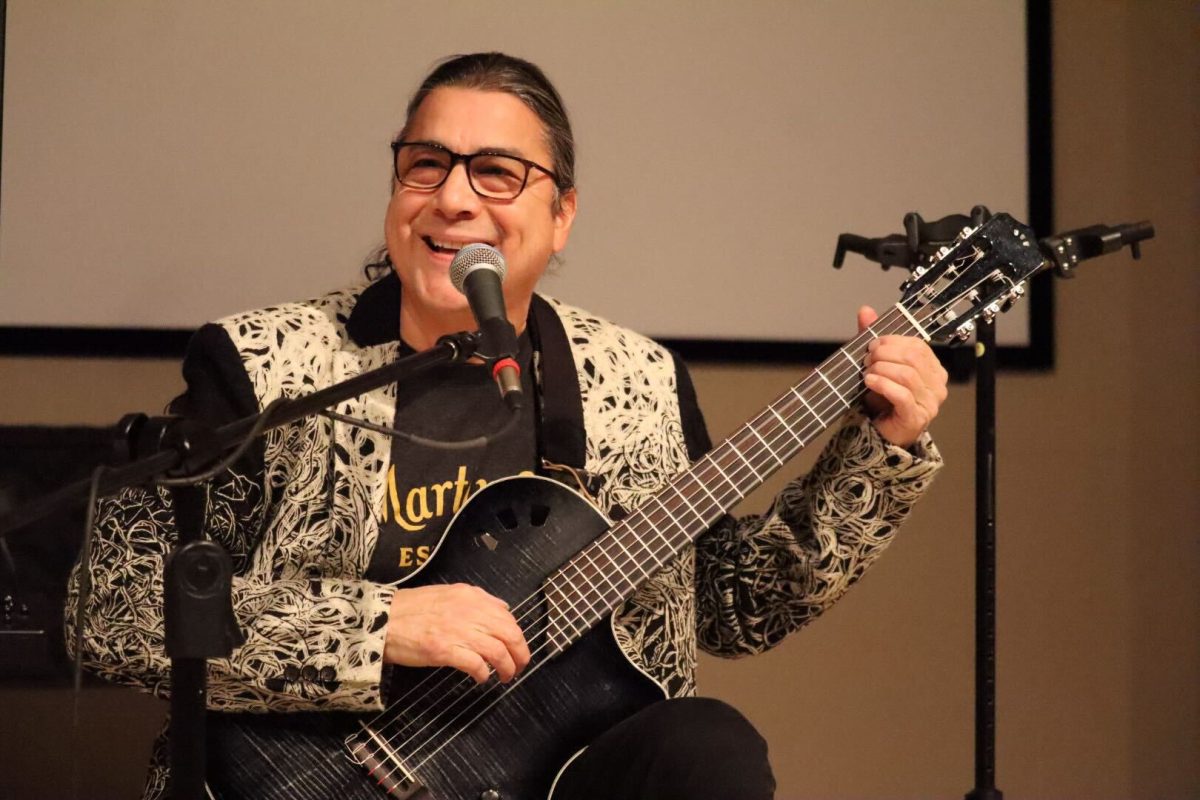This article discusses suicide and death. To call the Suicide and Crisis Lifeline dial 988.
On the morning of May 28, 2017, Eraldo “Dino” Chiecchi, Texas State professor for the School of Mass Communications and Journalism, flipped to the local television news to discover the shut down of I-10 due to a body found on the road in El Paso.
Chiecchi further discovered that 14-year-old Josue “Josh” Legarda died by suicide through a requested police report weeks later.
In 2018, Chiecchi compiled more than 20 interviews into a 114-page story that encapsulated Josue’s legacy. Chiecchi’s book “Josue: A Young Man’s Life Lost to Suicide” was officially published May 10.
“I decided to write about Josh,” Chiecchi said. “His life was too short. Through the discovery of who Josh was, I learned that he was a wonderful young man. He was a very loving, caring individual. Everybody loved him.”
Tim Hernandez, author of “All They Will Call You” and assistant professor of the master’s of fine arts in creative writing at the University of Texas at El Paso, read over manuscripts of Chiecchi’s book before it was published.
Ever since reading the manuscripts, Hernandez has remained hopeful that the book will help start a conversation about suicide.
“I think it’s bold in the way that we hear a lot of subjects and issues that we tend to shy away from or we feel are too taboo to speak about for various reasons,” Hernandez said. “But I appreciate that [Chiecchi] was graceful and very mindful about the subject, but he still tackled it in the most ethical way one could.”
Gaby Lucero, Josue’s mother, chose to read Chiecchi’s book in small increments over a period of months. Although it was difficult to relive the events that happened on the night of May 28, 2017, it helped her in numerous ways.
“It helped me because before it was really hard for me to share what happened,” Lucero said. “And it helps me to understand my daughter as well, because she wasn’t here, she was alone. It just helped me realize how much she suffered.”
Vianey Legarda, Josue’s sister and Lucero’s daughter, was in San Diego when her brother died.
Although she hasn’t read the book, she hopes that Josue’s story can help define him outside of a statistic.
“He made a really big impact in people’s lives,” Vianey said. “He had a lot of goals. He wanted to join the Marines. The last time I saw him he asked me if he could move in with me once he moved out of my mom’s house. But unfortunately he had other plans the day everything happened.”
“Josue: A Young Man’s Life Lost to Suicide” recounts the night Josue died. Lucero was in the hospital after having an appendectomy surgery. Josue had visited her that night, wanting her to come back home the next day. Lucero, reassuring her son that she would be back, was unaware that Josue was sending suicidal messages to a group of friends.
“He came behind my bed, gave me a kiss on the forehead and said ‘Mom, I love you so much,’” Lucero said. “He started walking and turned to look at me and did a little dance. He said bye and that was the last time I saw my son.”
When learning of the signs that Josue wasn’t showing to his mom, Chiecchi knew it was needed to write a story on Josue to spread knowledge on teen suicide and how unknowledgeable close ones can become of a bad mental state.
Since publishing the book, Chiecchi has gone to three speaking events in Arlington to discuss his book. He hopes to travel far and wide to share Josue’s story and the need to start a conversation, one reader at a time.
“The epidemic is here,” Chiecchi said. “By not talking about it, it’s still happening. Maybe if we do something different, it won’t happen. That’s why I’ve taken off my journalist hat and put on my advocate hat. I feel very seriously about this issue.”



